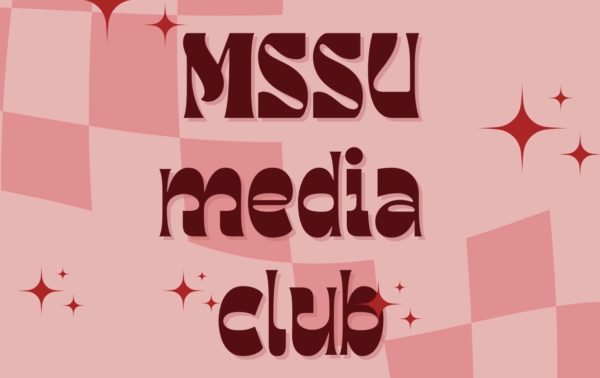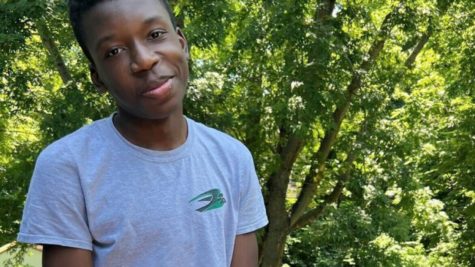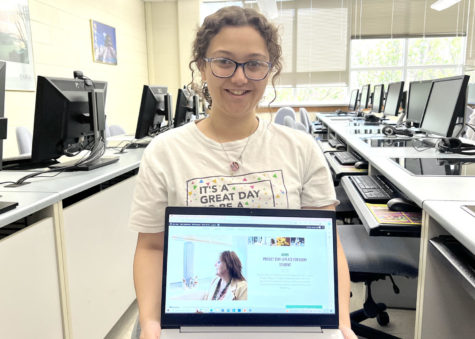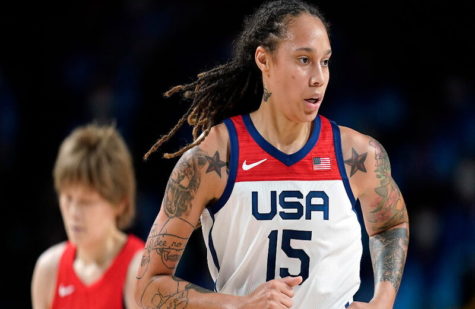Be true to yourself
In a perfect world I’d work in a collaborative effort with family and friends to navigate life’s obstacles similar to a 2000s Disney Channel sitcom where we’d end the day reveling in our success on the living room sofa as if we were Raven, Chelsea, or Eddie.
I’ve always been one to hold on to the unrealistic ideas of togetherness, making excuses for the ones I’ve loved because of my own insecurities.
It wasn’t until I started standing up to those insecurities and really exploring my own desires that I realized how much pain we not only inflict on everyone around us, but the damage we cause ourselves by holding onto what never really was.
At a very young age I knew I was different. I knew from the ideals and projections that surrounded me no matter what success I achieved I’d never make them as proud as my cis-gendered counterparts.
Growing up in a cissexist society, a term meaning discrimination or prejudice against transgender/gender-nonconforming people, who are expected to follow antiquated gender norms, has become a trigger in LGBTQ+ children, which results in dangerous gender identity struggles throughout the painful teenage years.
I see this most evident in my life. Identifying as gender non-conforming, I believe I am fortunate to be happy with my given anatomic build, because the amount of emotional turmoil I’ve endured for a simple pair of UGG Boots caused enough tears to fill Frank’s ocean.
I’ve always resented the media for broadcasting LGBTQ+ lifestyles in such a stereotypical fashion. The resentment mainly stems from the consistent pairing of Gender Identity and Sexuality, when the two don’t in fact work as a pair.
Many, myself included, come to terms with the two at different stages throughout life, which seems fairly normal. Nevertheless, the television always seems to portray the “Gay Man” as one who must act more hoydenish, whereas the “Lesbian Woman” should be more rough and rugged.
I remember a time where I was sexually immature. A time where I would’ve neither sought out a relationship with a male, nor a female. Nonetheless I enjoyed painting my nails and getting lost in “The Climb” with Miley Cyrus, still I was given this societal title that forced me to further conceal my emotions down the line.
I can’t deny the fact that we’ve taken strides and sought out ways to break down these unrealistic and often times, crippling representations, but among our youth and even adults there are so many who hide behind screens, and imaginary profiles in hopes to be free.
We work our whole life’s trying to understand these emotions and where to connect our dot in life, but its still commonplace to get what we’ve dreamt of having and feel inept to the happiness we strive for.
The point is, as a society the general consensus is presumed to be equality among all. Happiness for everyone.
I fear equality is only expressed upon certain minority groups and communities and the repercussions experienced as a result are devalued or overlooked, when in reality are quite treacherous.
Similar to the struggle seen in Dream Theatre Co.’s quest to normalize the word vagina, bring awareness to domestic violence, and inequalities among the sexes. Becki Arnall gave me an important piece of advice.
“Be very good at being political.” Arnall said.
“If you come out loud and strong often people will shun that, so you’ve got to weasel your way in just enough, be just professional enough, just kind enough to everybody, to finally get to do what you want to do.”
So, in a perfect world yes, I’d put my finger to my eye and read a vision that gives an answer to these unsolved obstacles so many face, but because the realism presented there is as believable as Kendall Jenner’s wax figure in Berlin’s Madame Tussauds Museum, I’d say supporting those underrepresented boys and girls, men and women, requires a team effort.
We are never fully aware of internal struggles, or suppressed emotions hidden around us, which is why we should all make a better effort at loving one another.
Loving each other for our individuality, willingness to share our struggles, and identify with someone else’s struggles.
Your donation will support the student journalists of Missouri Southern State University. Your contribution will allow us to purchase equipment and cover our annual website hosting costs.





























